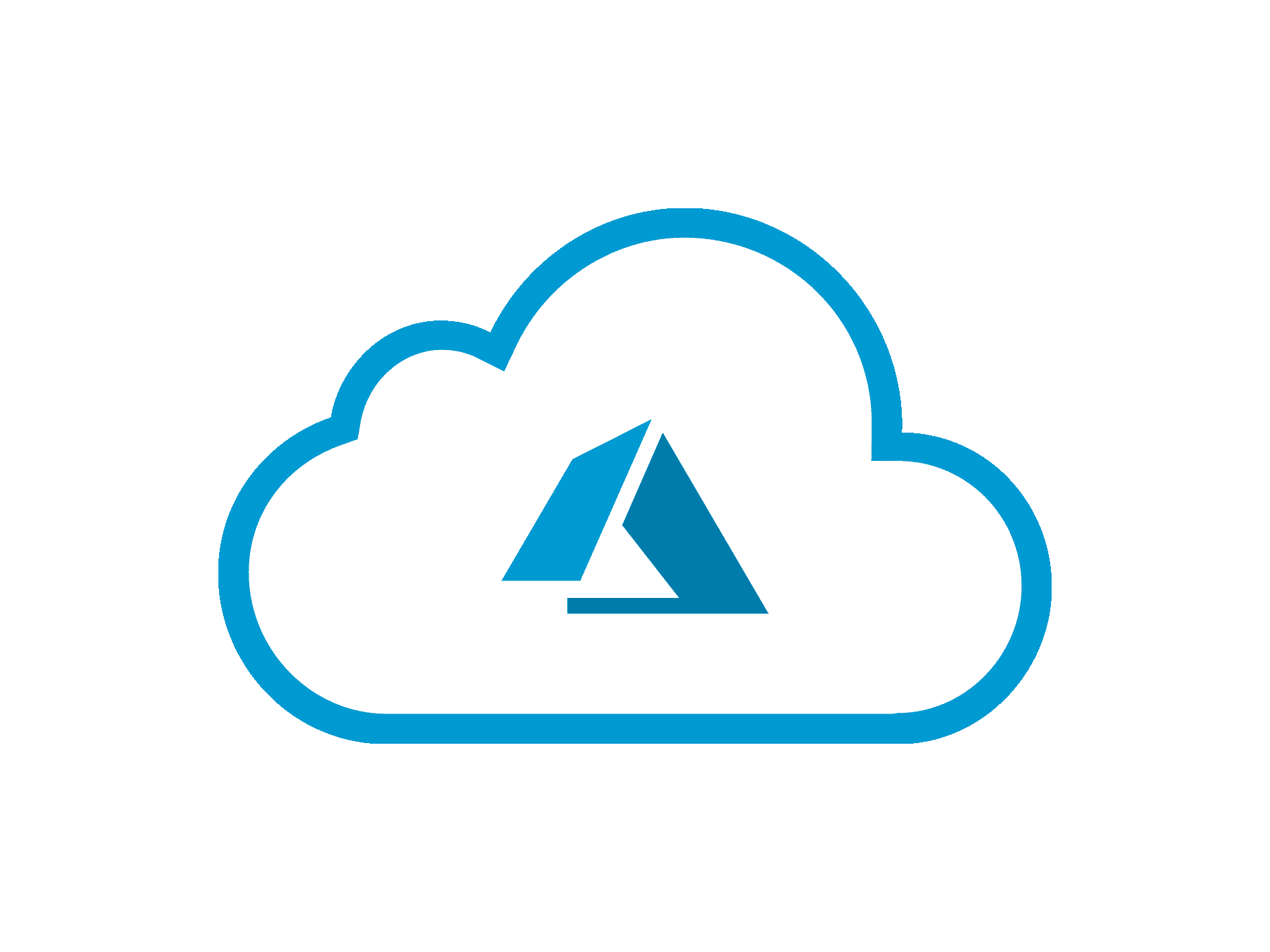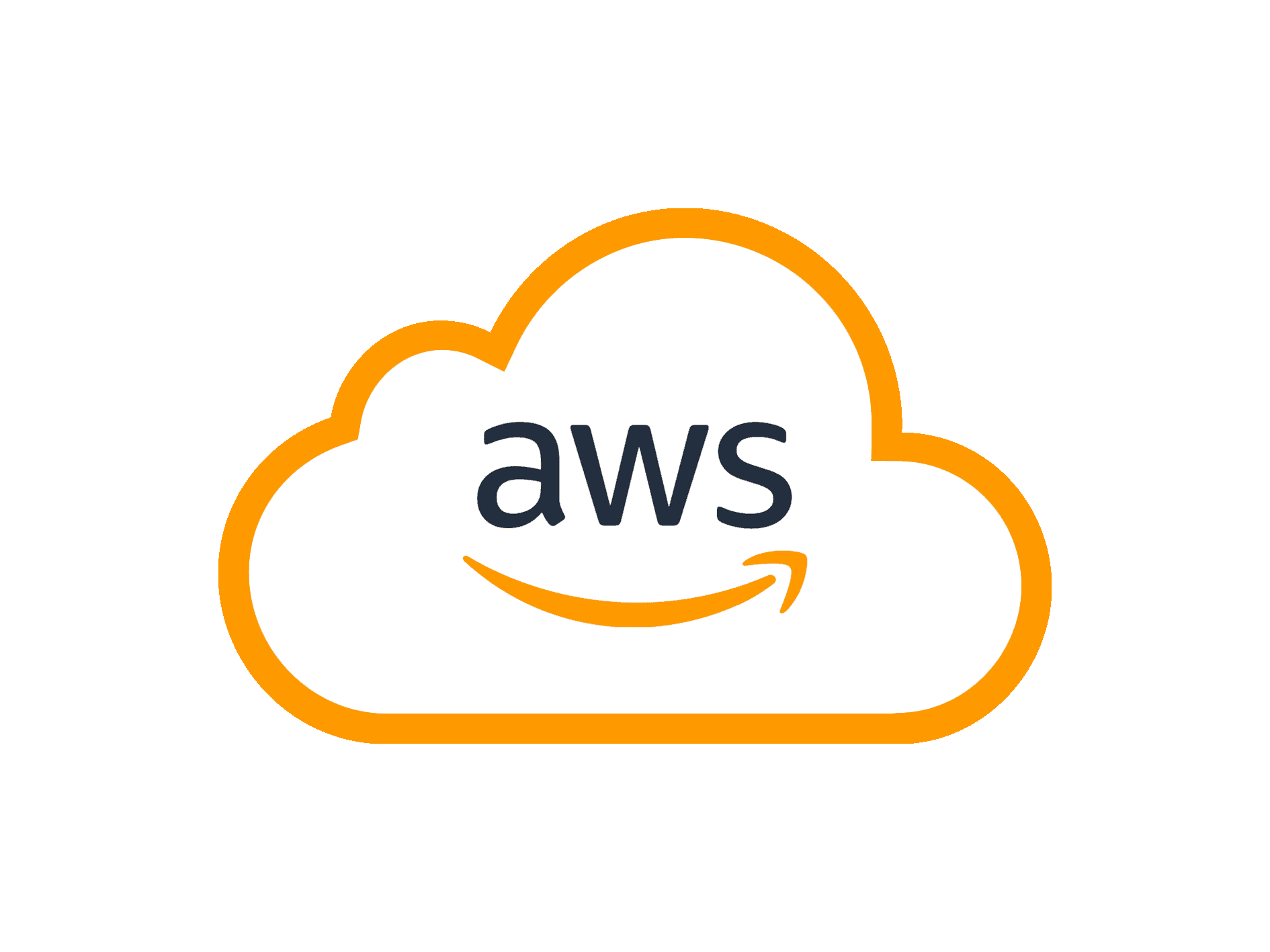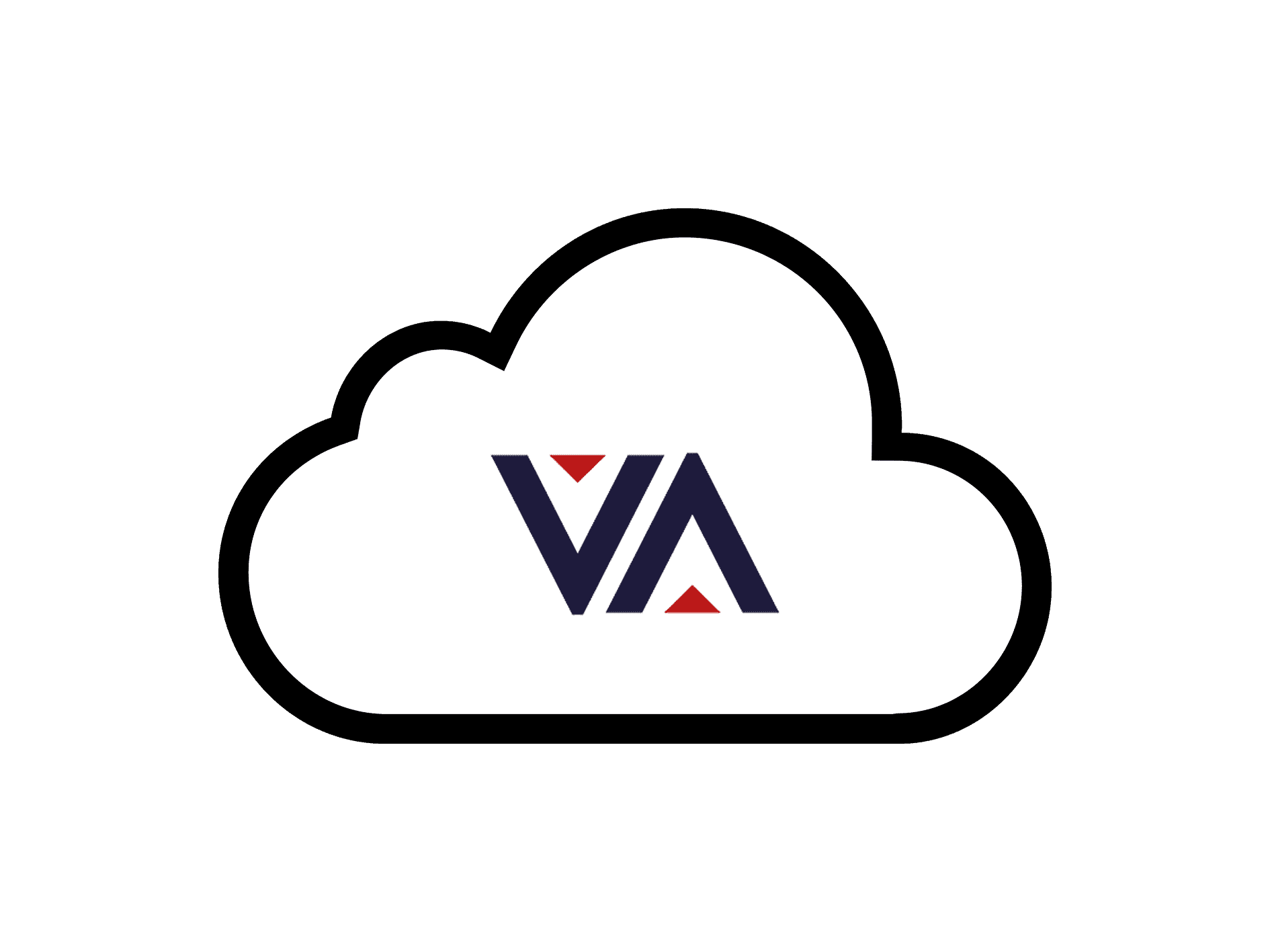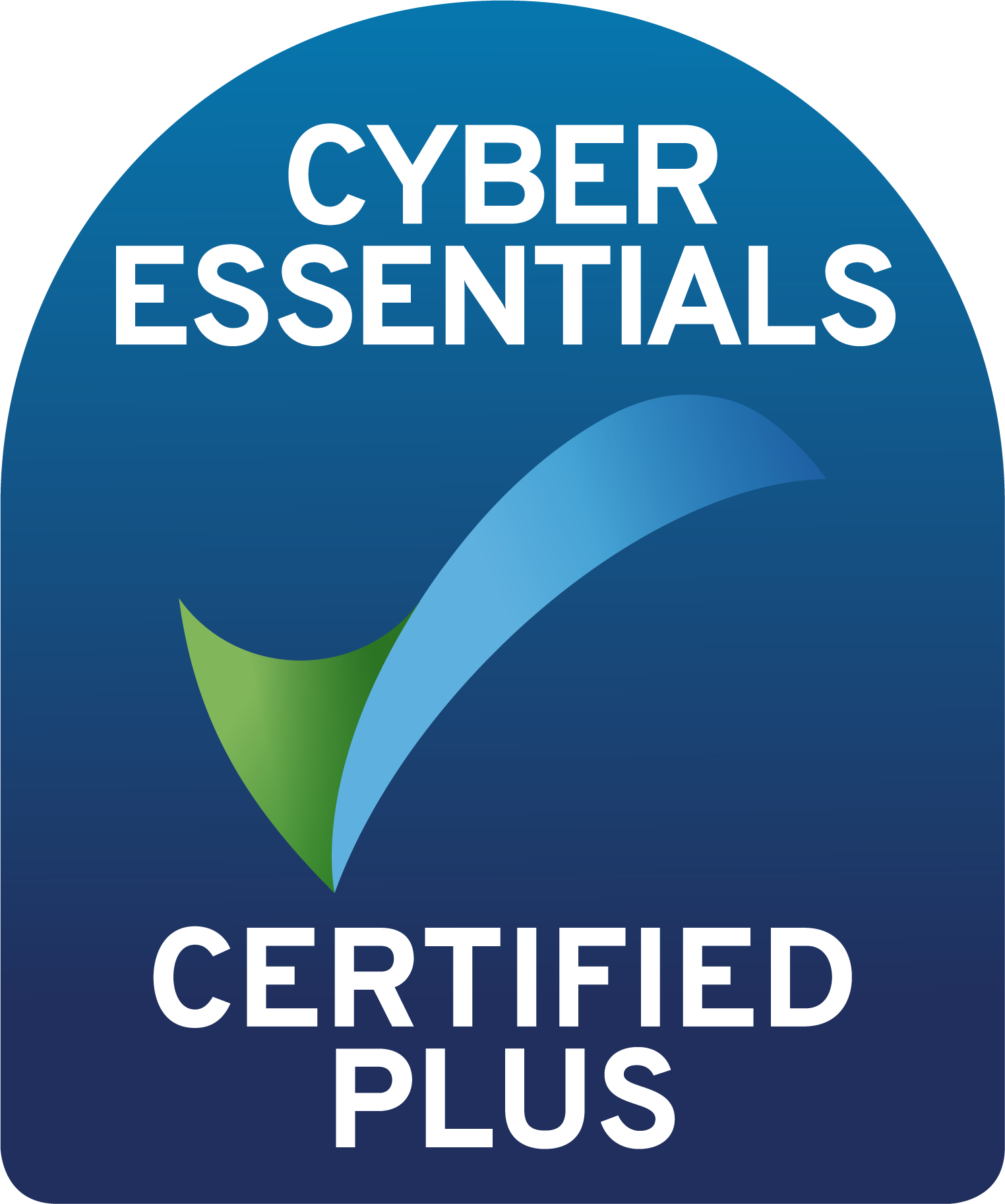Fundamentals Of Cloud Computing
Vissensa provides a wide range of industry-recognised cloud services for businesses of all sizes. From public to private cloud and even hybrid options, we pride ourselves in our ability to provide the Fundamentals Of Cloud Computing and drive our customers’ businesses forward through various cloud computing delivery models.
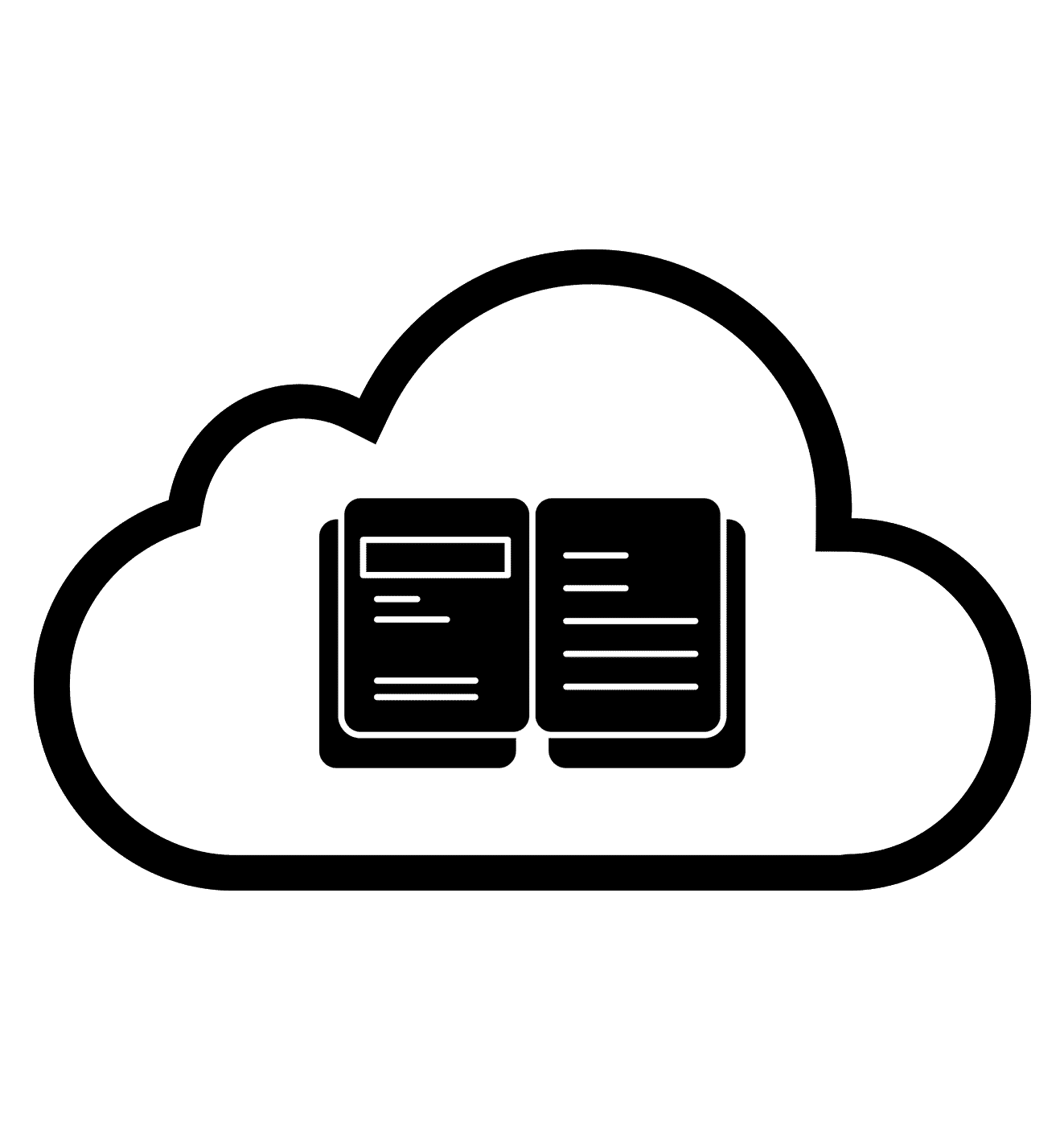

Contents
-
Section 1: What Is Cloud Hosting?
-
Section 2: How Does Cloud Computing Work?
-
Section 3: How Can The Cloud Help My Business?
-
Section 4: What Is Public Cloud?
-
Section 5: What Is Private Cloud?
-
Section 6: What Is Hybrid Cloud?
-
Section 7: What Are The Different Types Of Cloud Computing Platforms?
-
Section 8: Why Vissensa?
Fundamentals of Cloud Computing – What Is Cloud Hosting?
Whether we are aware or not, the fundamentals of cloud computing are in the technology we use every day. Its driving information to your smartphone and laptop, managing stock levels and consumer choice in shops and supermarkets, predicting tomorrow’s weather and managing energy use in homes. The cloud is even responsible streaming content directly to our devices.
Cloud computing is a technology that is now deeply ingrained in our lives and though its expanding applications and use, has become an essential tool for personal and business use, as we consume more of the instantly available information sources that arrive on our personal devices or corporate systems.
Cloud Hosting is the name given to the operation of running the computer equipment (servers, storage and networking) that a cloud services, for example an online shopping service, needs to support and process the demands of users of the service.
Because cloud services are made up from a large network of computer resources, rather than a fixed amount allocated to run the required service, it can grow bigger or shrink smaller as demand for the service dictates, making it more responsive to users and less expensive for the service provider.
Essentially, all cloud hosting services use physical equipment, virtualised, to host your service in a data centre. The cloud is literally just an umbrella term that is used to describe this network of connected equipment house together in shared or tenanted environment.
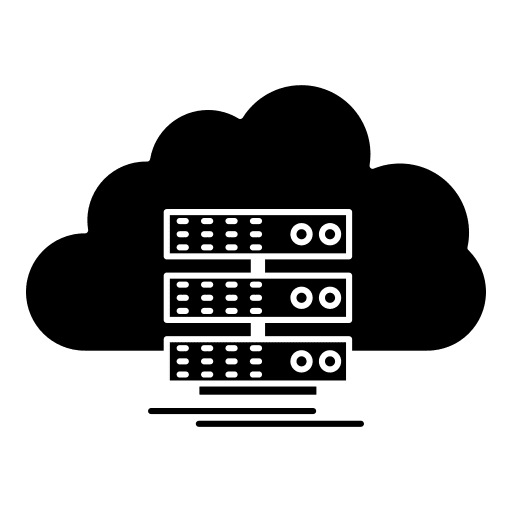



How Does Cloud Computing Work?
Contrary to popular belief, the cloud doesn’t exist in the actual clouds. The notion is born from the transparent and immediate nature of how data is sent and received today without the need for wires to connect the user to a network.
Instead, the cloud refers to a decentralized place through which networks share information. The common features of cloud computing delivery models include a host, responsible for maintaining the massive data centres that provide the security, storage capacity and computing power needed to maintain all of the information users send to the cloud. The companies providing the hosting capabilities often sell the right to use their cloud infrastructure and store data on it. Additionally, these companies also offer the end user a means of communicating between the various devices and programs within their cloud environment.
The fundamentals of cloud computing applications consist of two main elements: A front end, that usually has a downloadable application that allows the device or system to communicate with the cloud system and a back end, which contains all the technical pieces of cloud. these technical pieces include the monitoring of resources, users, security, performance and backup and the storage of data. The backend of cloud systems is heavily reliant on the physical equipment dedicated to the job of running the application.
To see more about our dedicated servers and how Vissensa delivers these to cloud environments, check out our Equinix page.
How Can Cloud Help My Business?
A cloud computing business strategy can be an asset to many businesses. Many businesses make the move to the cloud to enable new products and services to be delivered quickly without disrupting the existing services offered or because extending an existing set of infrastructure will incur CAPEX costs or is physically not possible.
Rapid cloud deployments are achieved through the use of standardised cloud deployment models such as server builds and network configurations which allows core infrastructure to be aligned to business requirements easily and at speed.
Once in a cloud environment, upgrading the business’ data security, backup and business continuity plans can be simplified and streamlined. This helps to reduce the impact of an expensive strategy of staying ahead of cyber threats by alleviating the maintenance of equipment on the off chance it is required, overcome by the flexibility of a cloud deployment.
To hear more about Vissensa’s Data Security and Backup Solutions, check out our dedicated page!
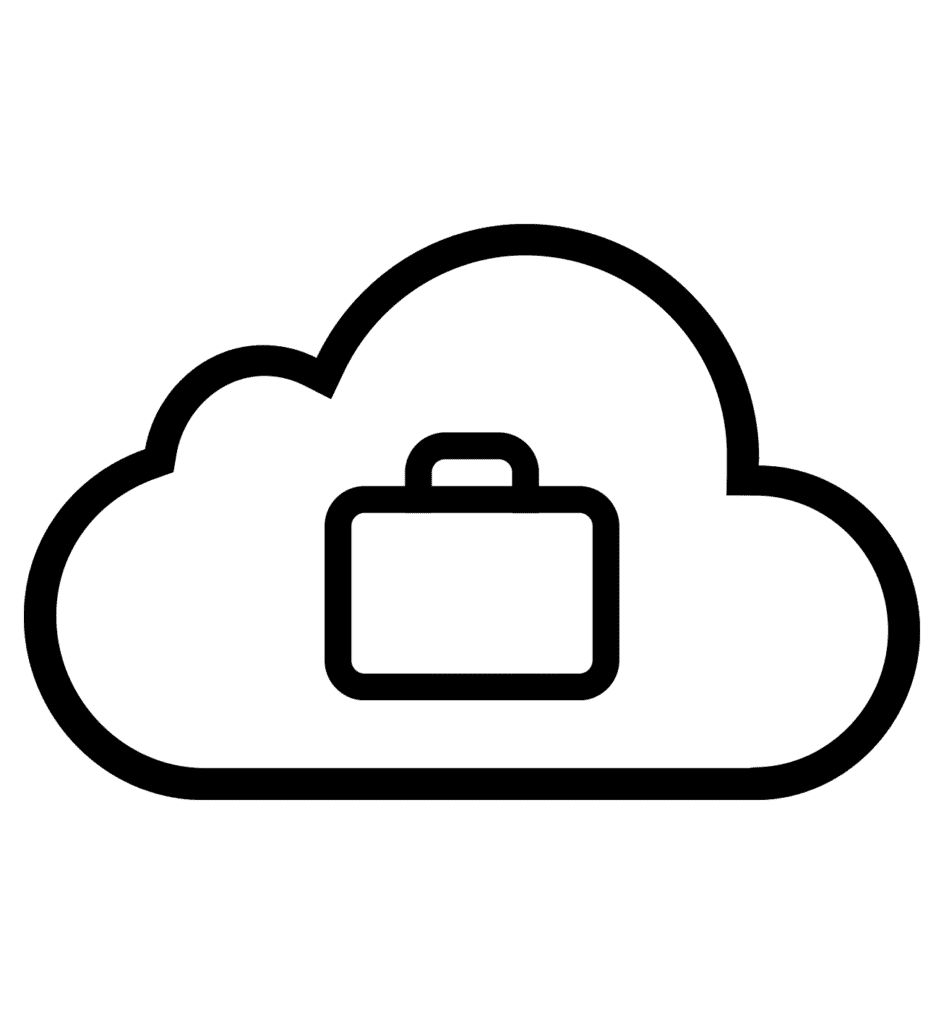

What Are The Different Types Of Cloud Computing?


What Is Public Cloud?
There are a variety of cloud computing delivery models to choose from dependent on the type of IT requirement a business need. The three commonly used are Private, Public and Hybrid.
Public clouds are IT applications and services that are hosted by a specific cloud provider, and which address a computer infrastructure and application need for a wide range of business users. A good example of this would be an accounting package or CRM (Customer Relationship Management) system. These Public clouds are delineated by the way of a common system that is shared out to multiple tenants. Each of these has their own separate set of data and access, rather like a block of flats owned and managed by a landlord and with multiple flats within the building.
Vissensa offer services with two of the biggest public cloud providers – Microsoft Azure and AWS. Click below to know more about each!
What Is Private Cloud?
The Private Cloud is an environment built specifically to the specifications of the user, making it a more personalised, bespoke environment, dedicated to a customer. In this model, some (sometimes all) of the hardware involved is owned by an individual user. As such, they are often the only user to have access to that system, providing higher levels of security and privacy as well as ensuring they always have the full capacity of that system. Private cloud also allows for the use of additional security features, such as company firewalls, further solidifying their impact on security.
A Private Cloud environment is essentially identical to a Public cloud in terms of the infrastructure needed to operate. However, the key difference between Public and Private cloud is that in private cloud, the resources are dedicated to one business and so a higher level of control of the environment can be given to the businesses IT team.
Usually, businesses that choose a Private cloud look to the cloud provider to provide a higher level of security. In addition to this some or all of the operational or engineering capabilities attached to running the platform. This is where Managed Services interlock with cloud and colocation services to provide a layered approach to the management and monitoring of the systems that the business requires.
For companies that may not know how to implement private cloud, Vissensa will take care of your private cloud deployment for you, and set it up in a way that is directly tailored to your business’ needs.
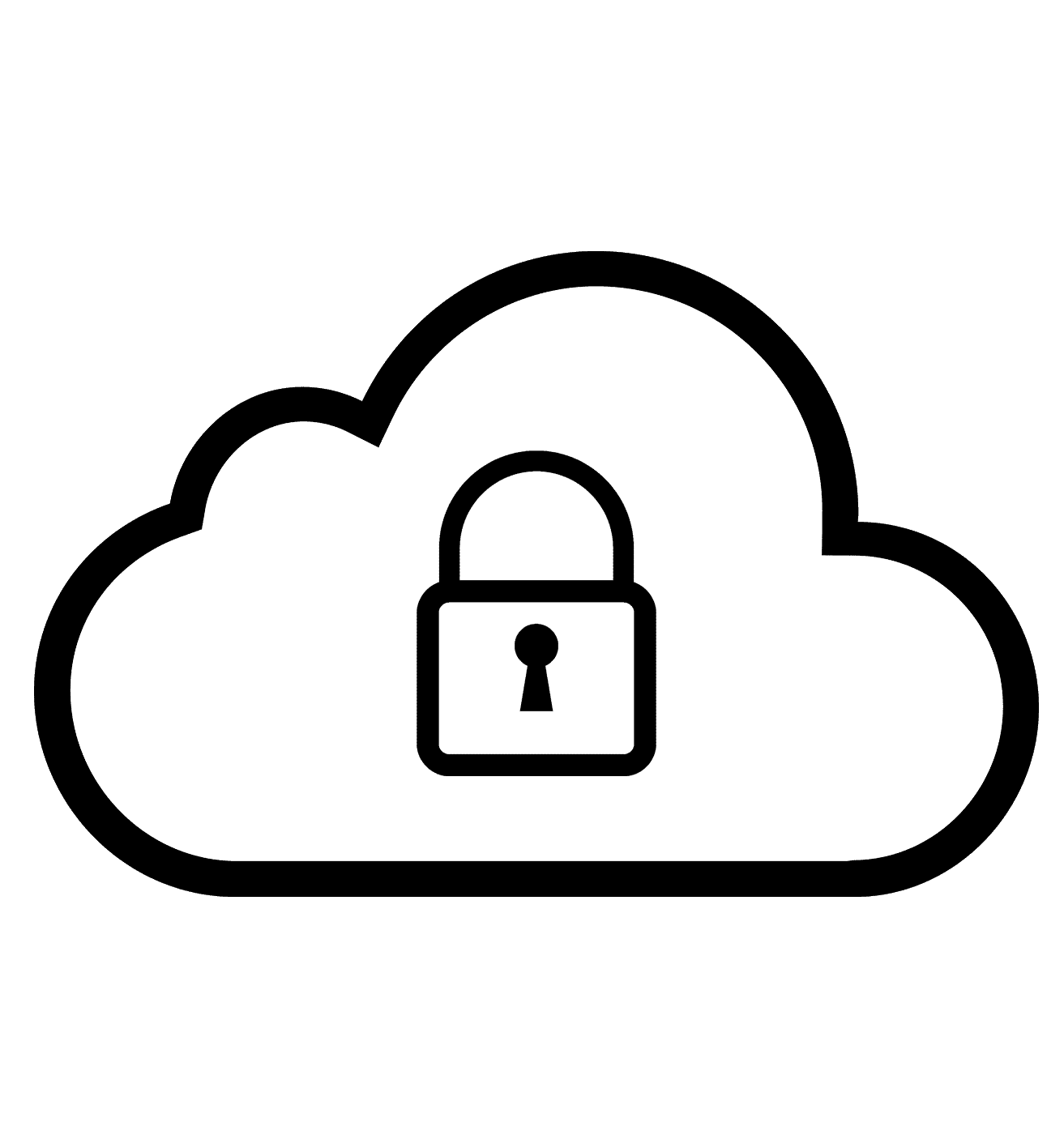

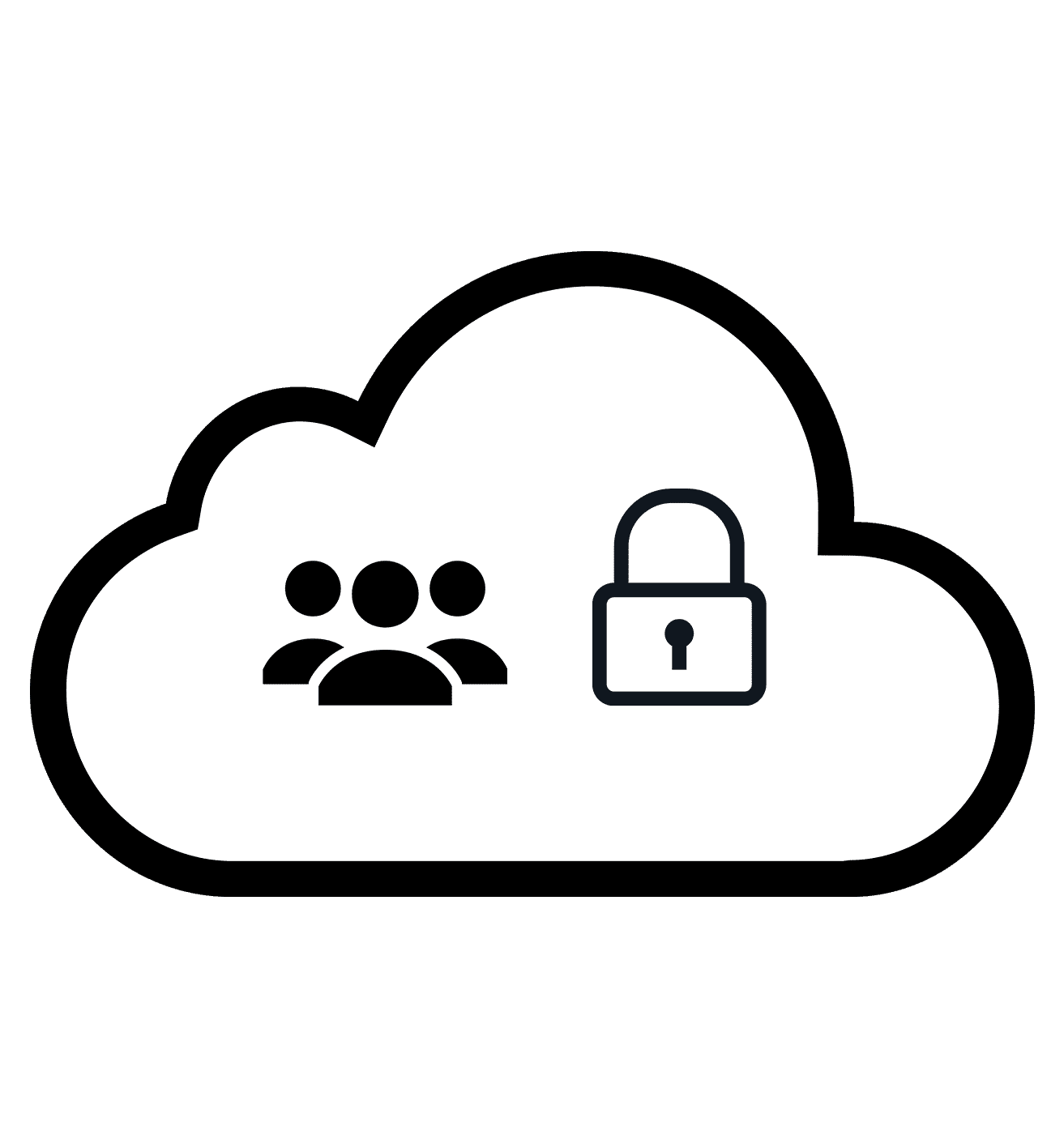

What Is Hybrid Cloud?
Hybrid cloud is the merging of both public and private cloud platforms, and is often described as getting the best of both worlds. Through a hybrid approach, users are given resources within both a public and a private cloud environment. This allows them the high levels of security and control associated with the private cloud, as well as flexibility and public cloud computing savings. Often times, public cloud is used for test environments, whereas the private cloud is reserved for the sensitive data that will benefit more from the higher levels of security that hybrid cloud can provide.
A Hybrid cloud takes advantages from all IT deployment models in a way that helps a business to support the services to their customers and staff as efficiently as possible. A typical hybrid cloud model is where a business has sensitive data that they do not want to be publicly hosted, stored within a private cloud environment. This could be due to national data sovereignty requirements or as simple as the amount of data being transferred between systems where an unwelcome egress or data transfer charge would be levied on the operation and is activity avoided.
In these cases, using a cloud supplier that has experience with not just the fundamentals of cloud computing, but all modes of cloud deployment can be the way to generating a real commercial advantage for distinct lines of business that don’t want to be constrained by any IT limitations.
By doing this with Vissensa, we use our technical expertise and years of experience to pair you with the services that are best suited to the technical requirements of your current and future business model. Through this, we pride ourselves in providing a truly bespoke experience for each business we work with.
What Are The Different Types Of Cloud Computing Platforms?
With Vissensa you have the choice of three main providers, Microsoft Azure, AWS and Vissensa Cloud. Each of these provides a host of different features.
Microsoft Azure
Azure is Microsoft’s offering of cloud services – all designed with freedom in mind. On Microsoft Azure, you’ll be able to build, manage and deploy a host of applications on a network boasting a high level of security capabilities as well as an extensive global reach. Microsoft Azure also allow you to use your favourite tools and frameworks.
Amazon Web Services
AWS stands for Amazon Web Services and is Amazon’s cloud computing platform. It includes a wide variety of options and can even offer an organization tools such as compute power, database storage and content delivery services.
AWS launched from the internal infrastructure that Amazon built to handle its online retail operations and as a result of this, they boast data centres in around 190 countries.
Vissensa
Vissensa Cloud allows businesses to consume a vast range of services aligned specifically to their particular application or workload – by providing an off premise private cloud environment. Our continued investment into our cloud platform ensures the highest uptime and performance across all of our data centres.
Why Vissensa?
Using our expertise in the fundamentals of cloud computing, Vissensa can set you up with the perfect cloud solution for your business’ needs.
Using our Vissensa process, we can take the stress out of set-up, migration and maintenance and let you focus on running your business – all in four simple steps.
First we identify the areas for improvement in your current IT infrastructure, and use our expertise to to create a strategy that can fix your problems. Next we create a plan for your strategy and document the whole process to ensure your goals are achieved in line with your business’ needs. Then our team of IT experts implement your plan with a high degree of care and professionalism. Lastly, our team help to maintain your solution through dedicated IT support.
You also have the option to go the managed service route and let our team manage every step of the process for you.
To learn more about who we are, and why you should do business with us, check our about page below!
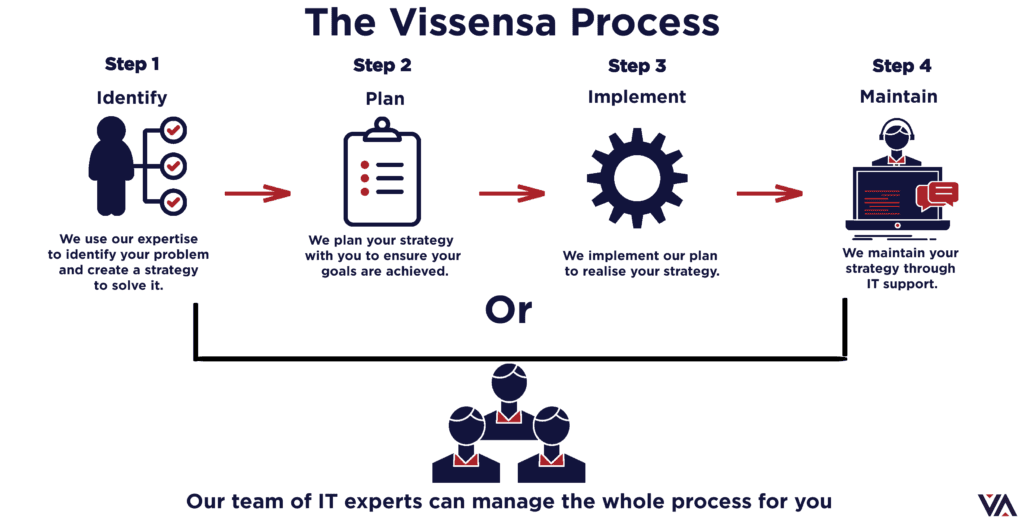

Latest Cloud Computing News & Reviews
Speak to one of our experts!
Speak to one of the team today so we can understand how you are looking to utilise cloud computing.
If you are not exactly sure on the fundamentals of cloud computing, we will ask questions to gain an understanding of your current infrastructure and goals and advise the best way to go about your migration.
The team will be more than happy to assist with your requirement and provide advice and expertise along the way! Simply complete the short form, and we’ll be in touch.
We will never sell your data and we promise to keep your details safe and secure. For further details on how your data is used and stored please view our privacy policy.
FAQ
What Is The Difference Between Public Cloud And Private Cloud?
The main difference between public cloud and private cloud is that public cloud is more widely available to multiple users whereas with private cloud some (sometimes all) of the hardware involved belongs to a single user. Dedicating the resources to a single user ensures that things like CPU and RAM are always available. This provides an extra level of insurance for users, safe with the knowledge that they will be able to meet the ebbs and flows of demand.
Additionally, Private cloud is often associated with a higher price point than public cloud. This is usually due to the higher level of customization, with private cloud being packed full of options such as shared storage resources.
How Much Money Does Cloud Computing Save?
Cloud computing savings vary depending on the scope of cloud computing deployed. Public cloud is a more flexible approach and leads to greater savings, whereas the private method trades this for higher security. Cloud computing also reduces the amount of hardware needed and less initial capital required to invest into a cloud migration. With the right team helping you migrate, cloud computing savings can be extremely high.
What Are The Security Risks Of Cloud Computing?
Perhaps one of the biggest security risks of cloud computing delivery models being deployed is that many businesses often move without understanding the scope of cloud computing deployments and the security measures needed.
Another security risk of cloud computing is reduced control over assets and data stored in the cloud. This is why many opt to go either private or hybrid to protect their sensitive data.
What Is Cloud Hosting?
Cloud Hosting is the name given to the operation of running the computer equipment (servers, storage and networking) that a cloud services, for example an online shopping service, needs to support and process the demands of users of the service.
How Does Cloud Computing Work?
Cloud computing applications consist of two main elements: A front end, that usually has a downloadable application that allows the device or system to communicate with the cloud system and a back end, which contains all the technical pieces of the cloud. these technical pieces include the monitoring of resources, users, security, performance and backup and the storage of data. The backend of cloud systems is heavily reliant on the physical equipment dedicated to the job of running the application.
How Can Cloud Help My Business?
A cloud computing business strategy can be an asset to many businesses. Many businesses make the move to the cloud to enable new products and services to be delivered quickly without disrupting the existing services offered.
What Is Public Cloud?
Public clouds are IT applications and services that are hosted by a specific cloud provider, and which address a computer infrastructure and application need for a wide range of business users.
What Is Private Cloud?
The Private Cloud is an environment built specifically to the specifications of the user, making it a more personalised, bespoke environment, dedicated to a customer. In this model, some (sometimes all) of the hardware involved is owned by an individual user. As such, they are often the only user to have access to that system, providing higher levels of security and privacy as well as ensuring they always have the full capacity of that system.
What Is Hybrid Cloud?
Hybrid cloud is the merging of both public and private cloud platforms, and is often described as getting the best of both worlds. Through a hybrid approach, users are given resources within both a public and a private cloud environment. This allows them the high levels of security and control associated with the private cloud, as well as flexibility and public cloud computing savings.
What Are The Different Types Of Cloud Computing Platforms??
With Vissensa you have the choice of three main providers, Microsoft Azure, AWS and Vissensa Cloud. Each of these provides a host of different features.




